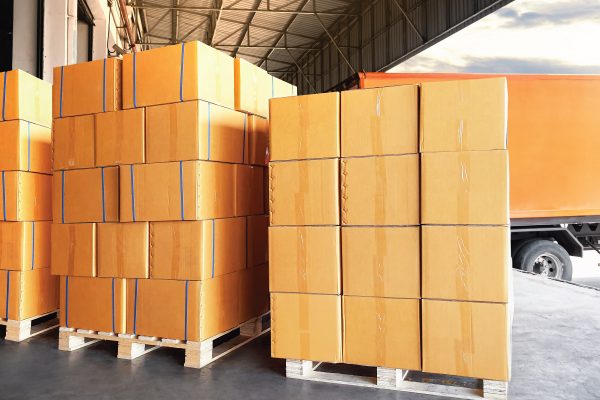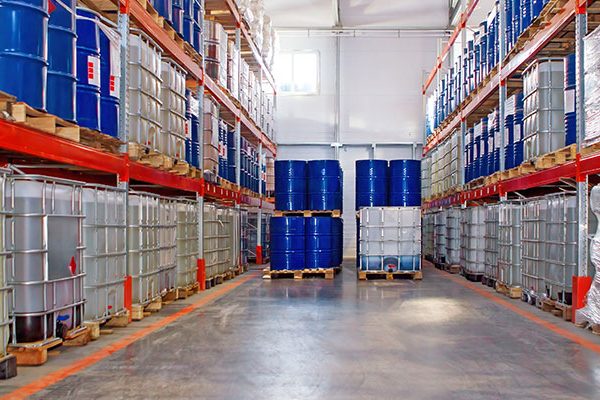Foreign Direct Investment (FDI) may be a boon for not only small countries, but also for the corporates investing in such countries.
The number of member states of the United Nations (UN)has increased four-fold, from 50 to 193 since its inception in 1945. Two-thirds of which could be classified as ‘small’. In addition, 77%of all the small states in the world have been established in the past 70 years.
Not only is the number of small countries increasing, but the international political economy is also changing in a way that fosters and challenges them. For example, globalisation, as measured by global trade as a percentage of Gross Domestic Product (GDP), and the rise in the number of states has grown side-by-side.
Despite the increase in the number of countries, the world under globalisation is moving towards a single market in which national economies are becoming more integrated and interconnected. As national borders become less significant, integration brings increased interdependence between countries. Particularly during the past few decades, the global economy has observed an unprecedented opening and modernisation of the economies of worldwide regions, including de-regularisation, de-monopolisation, privatisation and the reduction and simplification of tariffs.
The resultant increasing flow of private capital between countries, in the form of Foreign Direct Investments (FDI), and the related strategies and policies to attract it can be seen without any doubt as a key variable in determining the economic growth and success of a country — especially the smaller ones.
Size isn’t everything when it comes to drawing investment. What is of high importance is the way small countries participate in supranational custom unions and economic regions. Different economists envisaged some of the most challenging problems European Union (EU) member states are dealing with today thus: Large size is not a panacea: The advantages linked to the size of the market may be lost if a group of collaborating economies fails to coordinate their policies effectively, operates at less-than-full capacity, restrict their investment, and thus individually and collectively grows less rapidly.
The Global Finance FDI Index has identified the top 20 world superstars of FDI in which smaller countries like Singapore, Ireland, Azerbaijan, Hong Kong, and Cyprus are recognised as having outstanding potential.
How does FDI Drive the Growth of Smaller Countries?
Small countries are more open to international trade than the bigger ones. They are structurally open economically, because their domestic resources are limited. However, by promoting a growth strategy designed to take advantage of their size by accentuating their natural small-country growth strategy, they can develop a functional openness. An example of this is when small countries engage aggressively in tax competition.
Consider the case of Cyprus, where the FDI amount fluctuated largely in the last 10 years but the portion of the global FDI it attracted, was more than nine times its share of the world GDP in 2016. How? A strategy based on a generous tax regime with both low corporate and personal taxes, the removal of investment restrictions and offering 50 double taxation avoidance treaties (including with the US) has helped establish a strong financial hub there.
This economic strategy is known as the “Growth Action Plan,” which aims to reform the regulatory framework to foster investment, particularly in key sectors such as tourism, shipping, realestate, green energy, and generic pharmaceuticals. Moreover, those foreign investors who seek to establish a business in Cyprus are favoured with the same benefits as local investors in most sectors.
Apart from Cyprus, Hong Kong and Singapore, Luxembourg and the Cayman Islands, Ireland and the Netherlands make the list of giants regarding FDI inflows.
All these countries are not large in area, but they are in wealth. Some are, often as a result of their colonial past, historic gateways for trade, and therefore offer long-established practices, relationships, know-how and institutions that give them advantaged platforms for international business. Others, precisely to overcome their limited size, have prepared themselves with investor-supportive regulations, processes and institutions, which enhance their power to enable them to be onpar with bigger economies.
What Challenges do Small Countries Face?
Small countries face three main challenges with respect to attracting and benefiting from FDI, and in maximising benefits for economic growth.
The first challenge is on the demand side, and it is to overcome the small domestic market and limited purchasing power that can discourage a particular market-seeking FDI. There are various solutions to this, including intensifying other characteristics of the economy, such as natural resources, human skills or geographic location. Market size can also be expanded through policies that seek to increase access to foreign export markets.
The second challenge, from the supply side, relates to the pressures associated with considerable FDI inflows into small markets. Labour, skills and infrastructure shortages must be addressed in order to protect the investment attractiveness.
The third is the challenge of designing policies that maximise the contributions of FDI to economic growth.
Proper Policies for Economic Growth via FDI
Foreign investment can influence economic growth both directly and indirectly. In small economies, the direct contributions of accelerated growth of FDI are instantly noticeable. These contributions can include high levels of capital formation and rapid output growth in goods and services, significant job creation as well as export expansion and diversification.
Indirect contributions of FDI come from increased productivity in the domestic economy through inducing greater competitiveness in local firms, the introduction of new management practices, improvements in product and services quality, cost and innovation, and lead to positive impacts on productivity and wage levels.
For instance, when FDI flows into a host economy, there is a potential to act as a tool helping innovative ideas, technologies, and best working practices being transferred to domestic companies. The technology of local companies can improve as foreign firms develop new technologies, provide technical assistance to their local suppliers and customers, and train workers who may later be employed by local companies. Additionally, the competitive pressure applied by foreign affiliates can require local companies to operate in a more efficient way and encourage them to introduce new technologies.
By regularly engaging in trade, affiliates in host economies can gain access to complex distribution channels. This is highly relevant in small countries because it can create new market opportunities for local companies, helping them access international markets.
Moreover, since they are more open and more susceptible to external shocks, small countries should be forced to adapt to changing economic context more quickly. Thus, they can manage to implement structural changes in their economies better than larger ones. In the current economic context, this argument means that small countries are more than large ones, able to invest in sustainable development and the knowledge economy.
It is evident that the statements ‘some countries are too big to fail’ and ‘some are too small to succeed’ can be misleading. Regarding the latter, FDI together with the right policies in its support can be the key to achieving economic and sustainable growth and enabling small countries or economies to swim with the big fish.
Juliana Chiva works as a business analyst at the Office of Trade and Investment for the Government of Catalonia in Mumbai. A postgraduate in Public Administration from Columbia University, Juliana has worked as a consultant for an NGO in Guatemala and as a researcher for Sustainable Development Goals.















